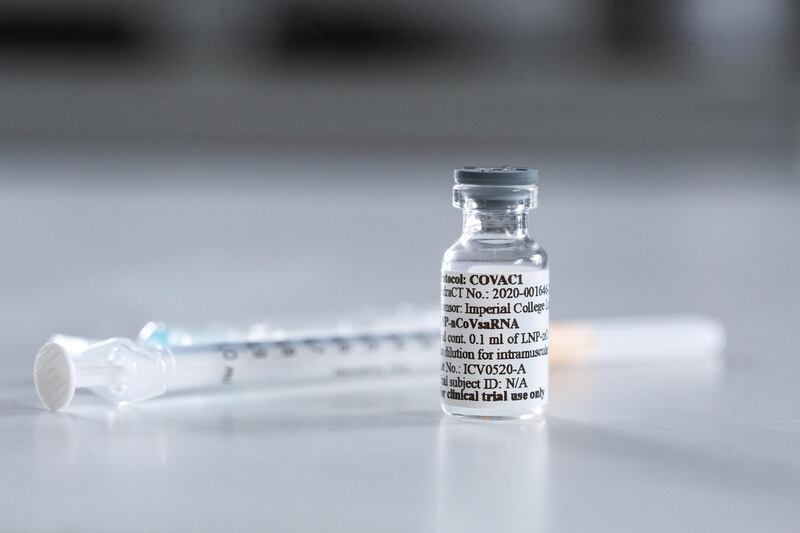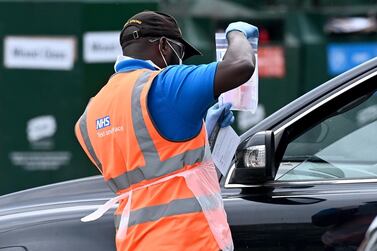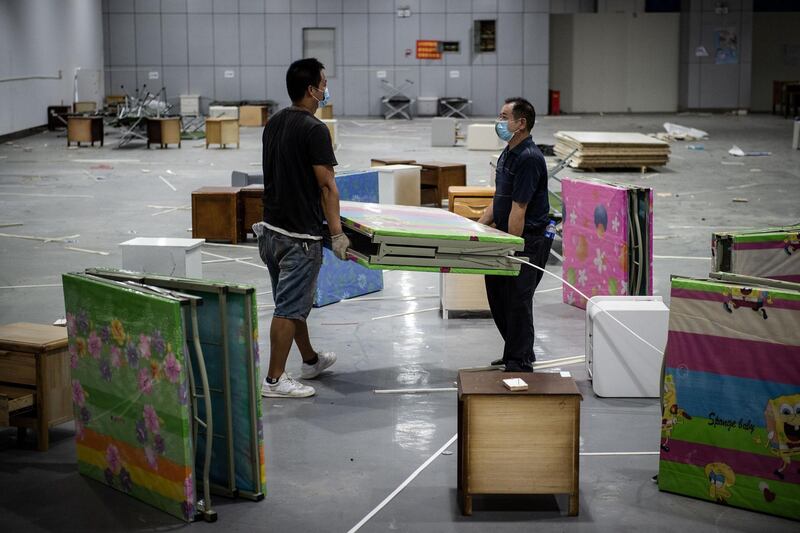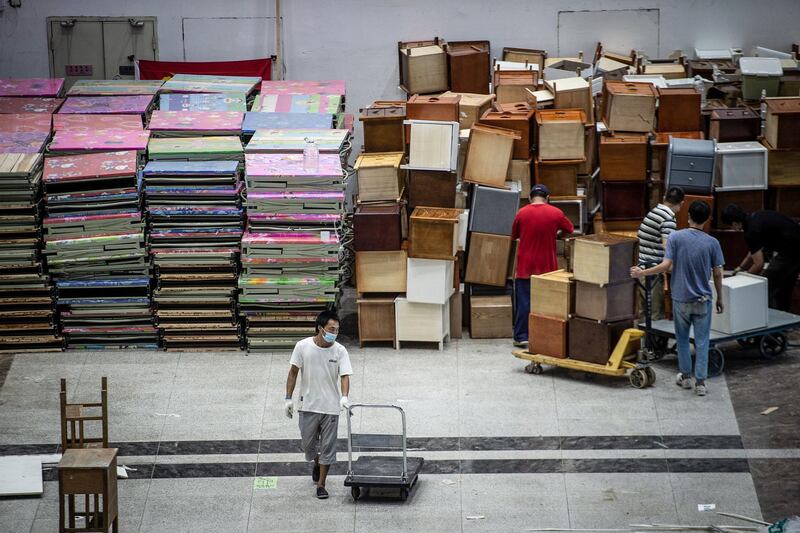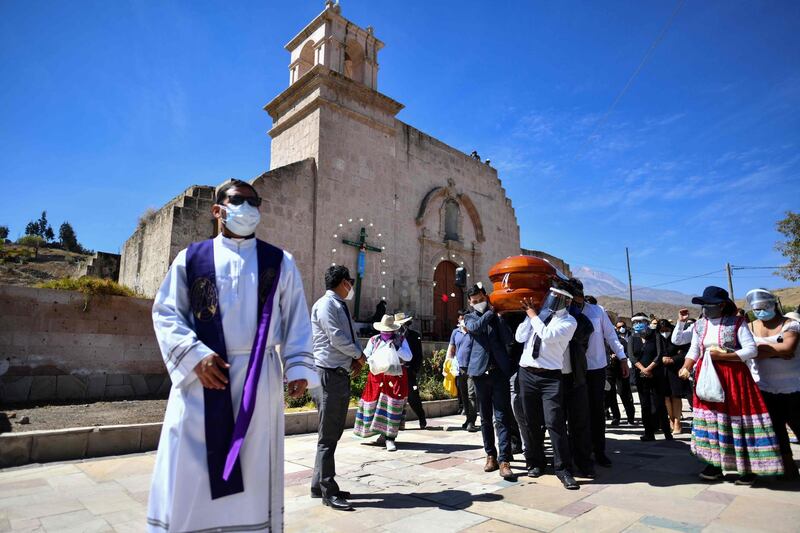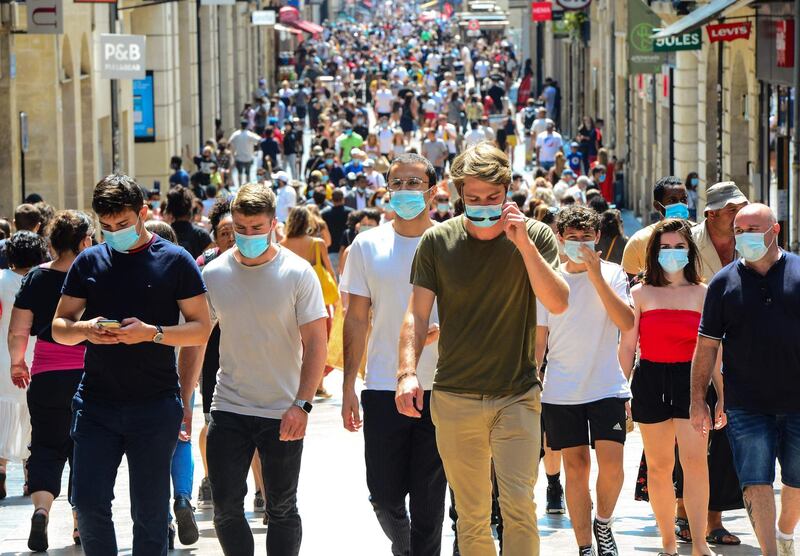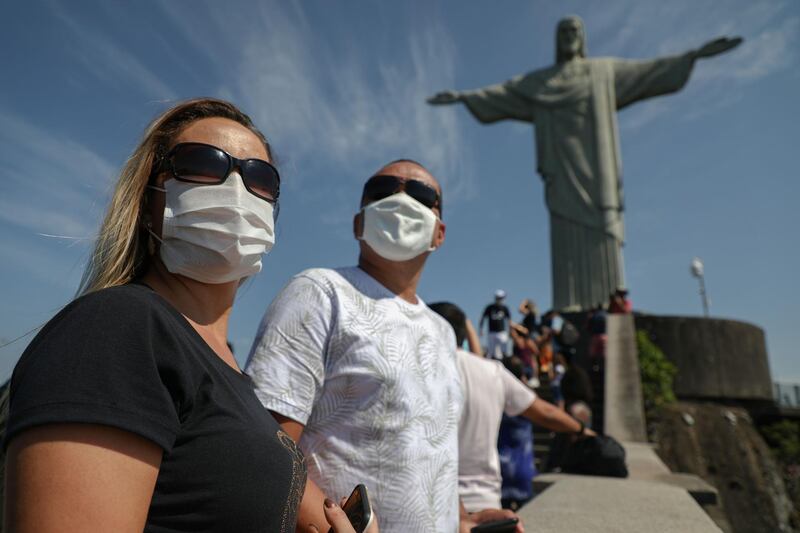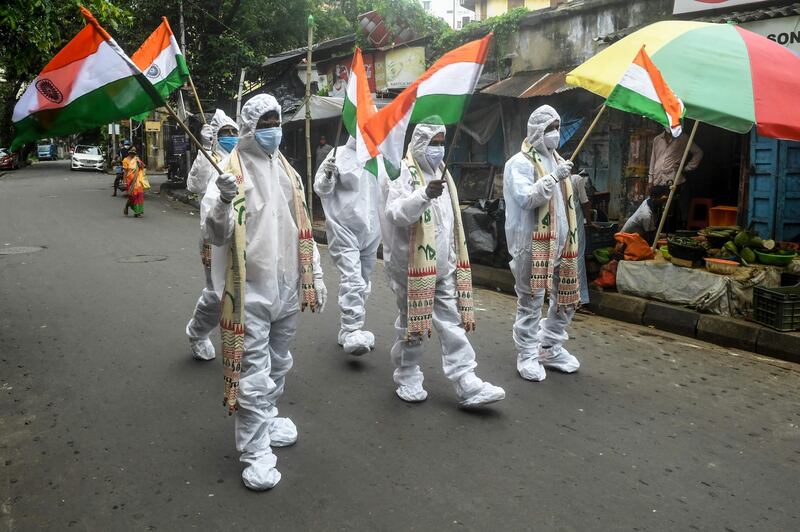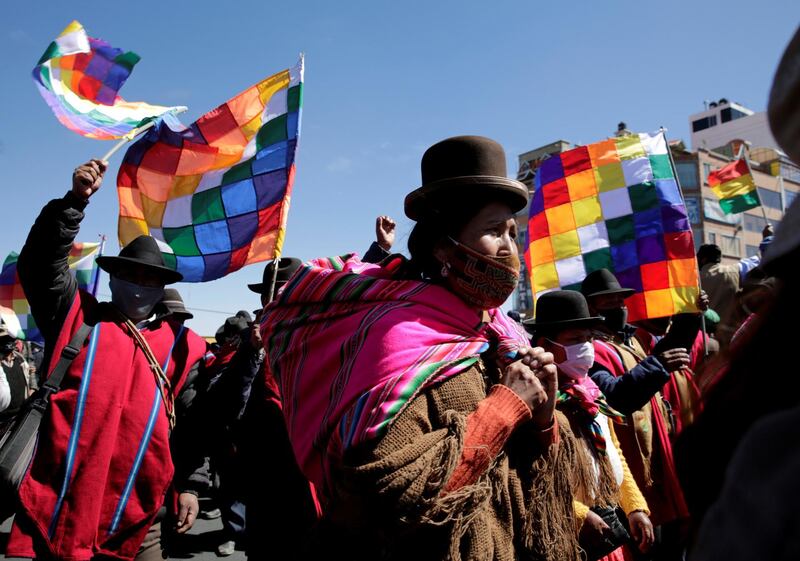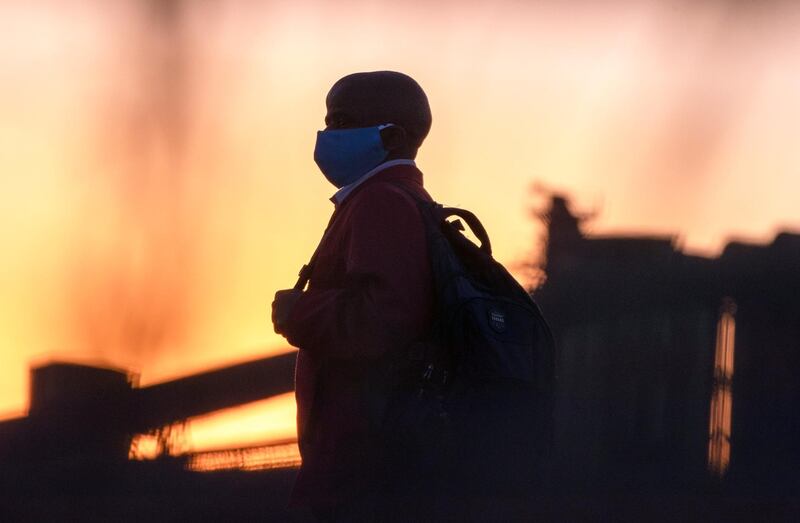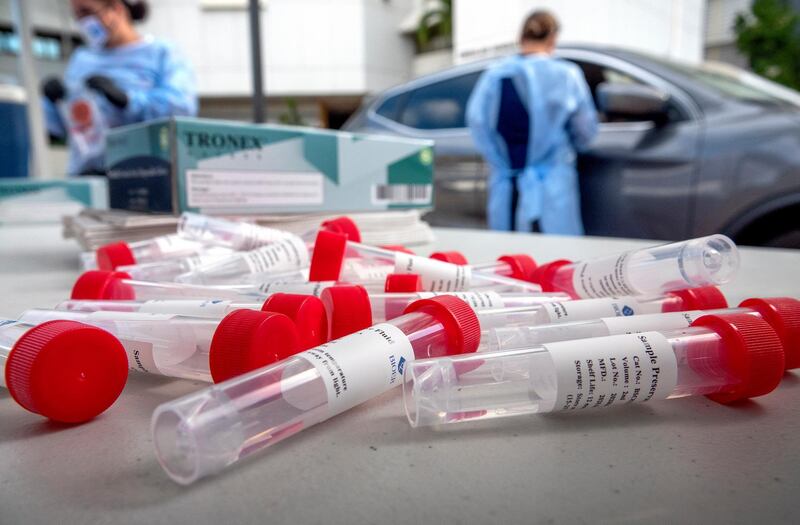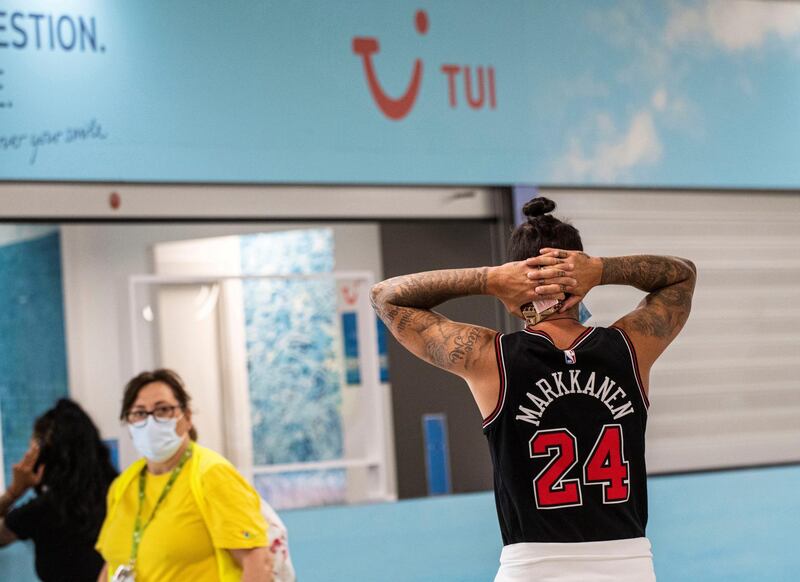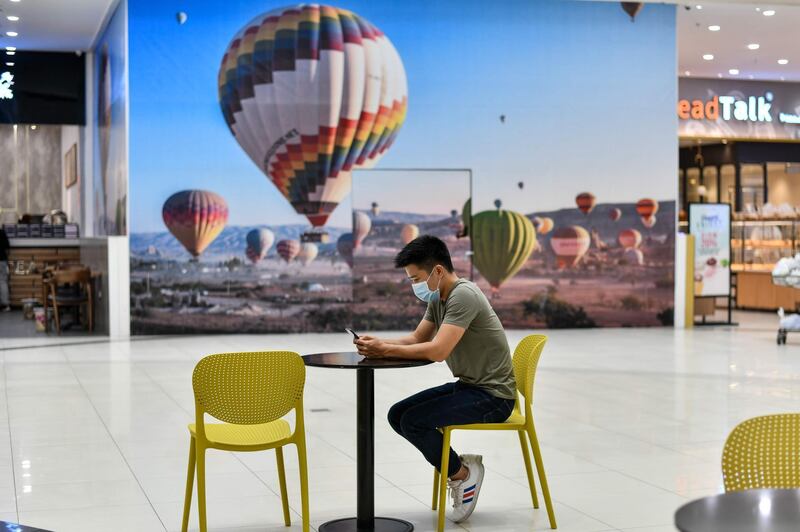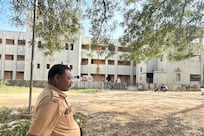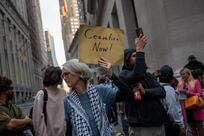The British government is preparing to invoke emergency powers to allow the use of a coronavirus vaccine for the public, even if it has not met EU licensing requirements, the i newspaper reported.
The UK would use its own emergency regulations to bypass EU law and roll out a vaccine for use if one became available before the end of the Brexit transition agreement on December 31.
A public consultation on the plans was due to close on Friday, and the government sought to calm fears that it would rush through an unsafe treatment.
It said the emergency authorisation of an unlicensed vaccine would only be given after regulators were convinced of its safety and effectiveness.
“A Covid-19 vaccine would only be authorised in this way if the UK’s licensing authority was satisfied that there is sufficient evidence to demonstrate the safety, quality and efficacy of the vaccine,” the consultation document read.
“This temporary authorisation process exists to address the possibility that, in certain situations of public health need, the licensing authority may consider that the balance of risk and benefit to patients justifies the temporary supply of the relevant vaccine pending the issue of a product licence.”
Britain has suffered one of the world’s most severe outbreaks of the virus.
Almost 385,000 cases of coronavirus have been reported since the pandemic took hold, and the country has registered more than 40,000 deaths from Covid-19.
After battling back a first wave of infections in the spring, cases are mounting again.
The government on Thursday announced strict new lockdown measures for parts of the country’s north-east in an effort to stave off rising infections.
Some two million people are affected by new the orders restricting social gatherings, including home visits.
The government is facing renewed criticism over its handling of the outbreak, with severe testing shortages in England drawing ire as infections climb.
The country reported a further 3,395 cases on Thursday. It was the sixth time in the past week that more than 3,000 cases had been reported.
_______________
